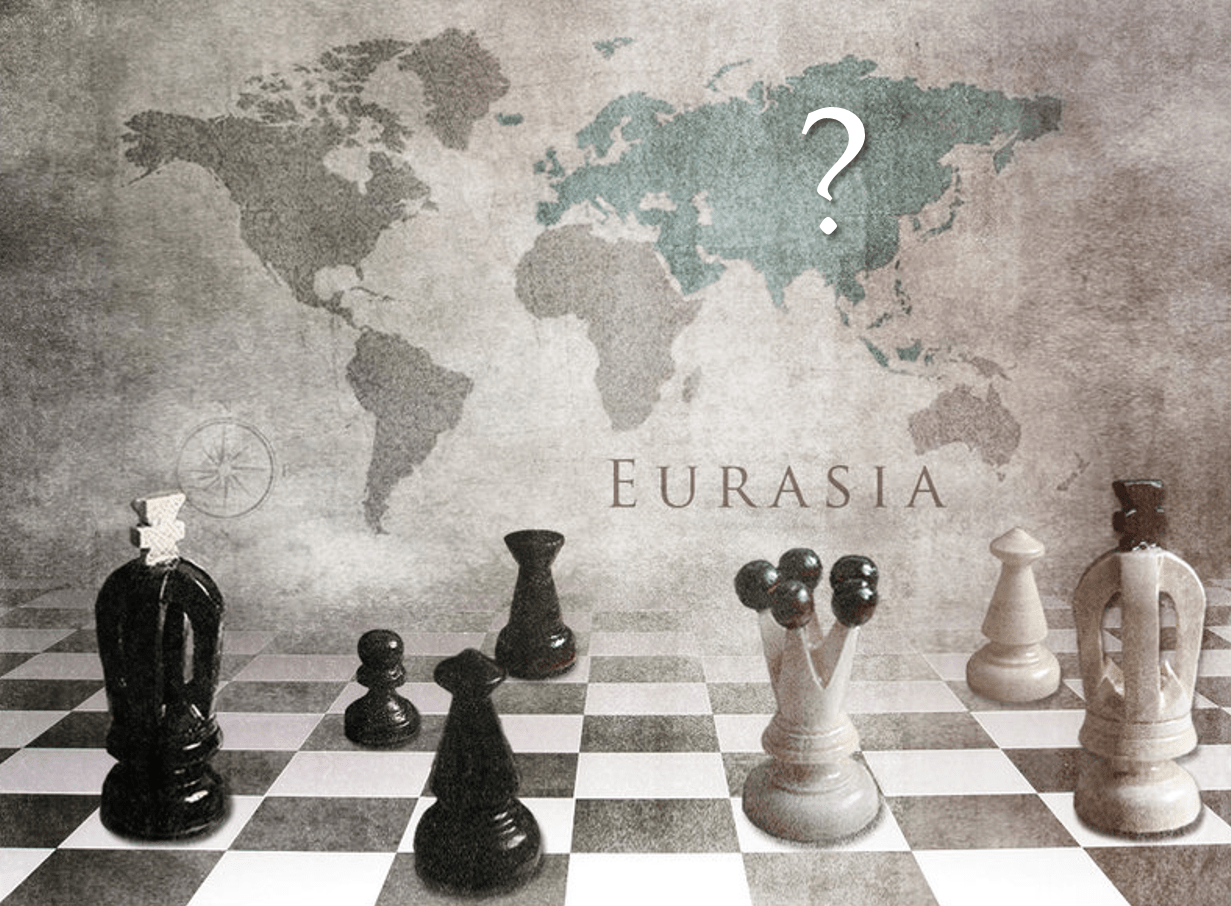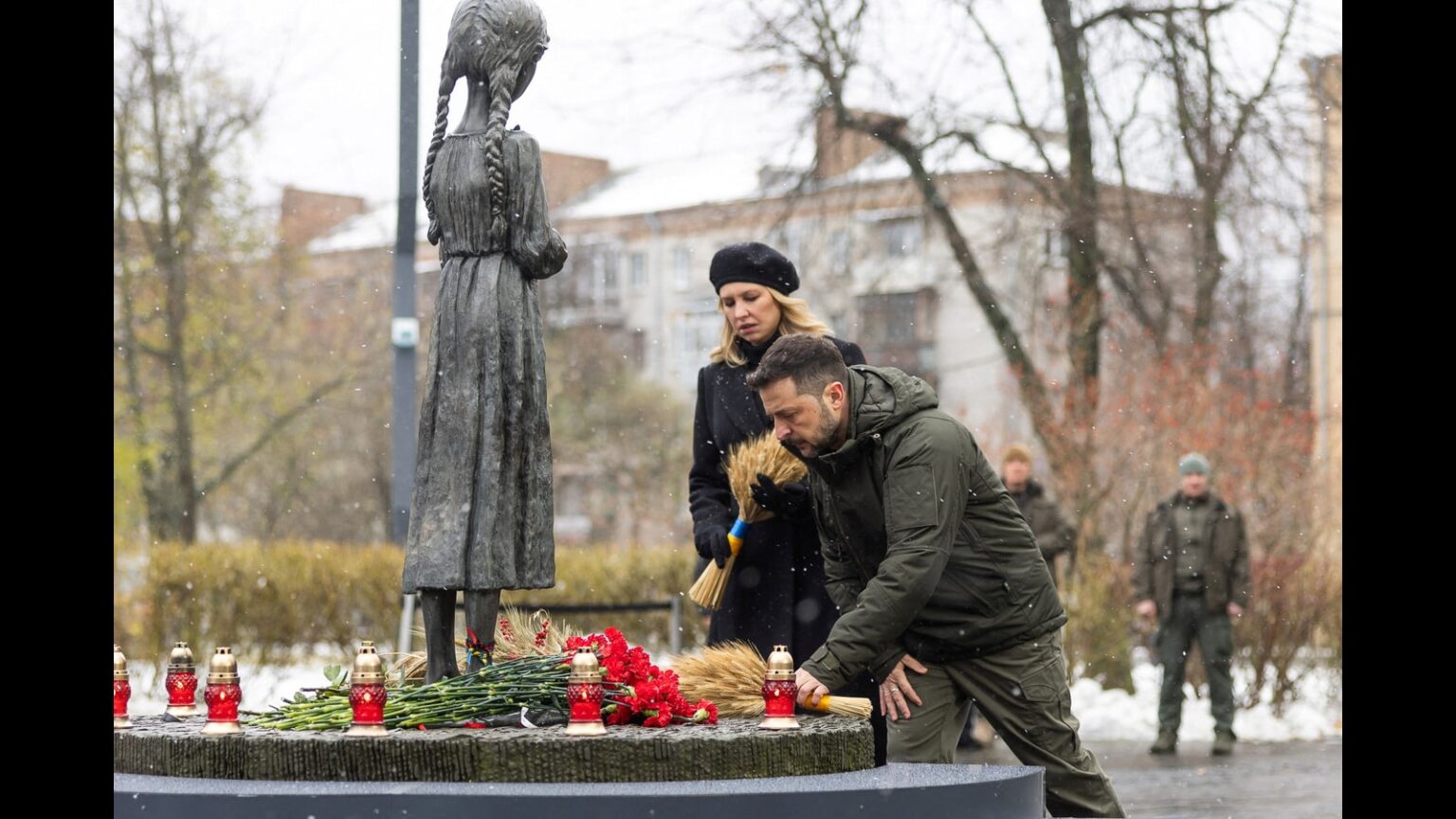The Russo-Ukrainian war has reshaped the global geopolitical landscape, echoing Zbigniew Brzezinski’s “Grand Chessboard” theory. Ukraine, a pivotal state in Eurasia, has become a battleground between Russia and the West. Russia’s invasion, driven by geopolitical ambitions and historical grievances, has triggered a significant shift in global power dynamics.

Source:- bbc news
The conflict has exposed deep divisions within the international community. While the West has united to support Ukraine, emerging powers like China and India have adopted more nuanced stances. China, a strategic partner of Russia, has sought to balance its interests, while India has maintained a neutral position.
Source:- news 18
The war has also accelerated the decline of the unipolar world order and the rise of multipolarity. New alliances and partnerships are emerging, challenging traditional geopolitical alignments. The conflict has highlighted the importance of regional actors, particularly in Europe and Asia, in shaping the global future.
The long-term consequences of the war remain uncertain. However, it is clear that the conflict has far-reaching implications for global security, economic stability, and the rules-based international order. The world is witnessing a new era of geopolitical competition, where power struggles and ideological clashes are once again shaping the course of history.
Share your views in the comments

